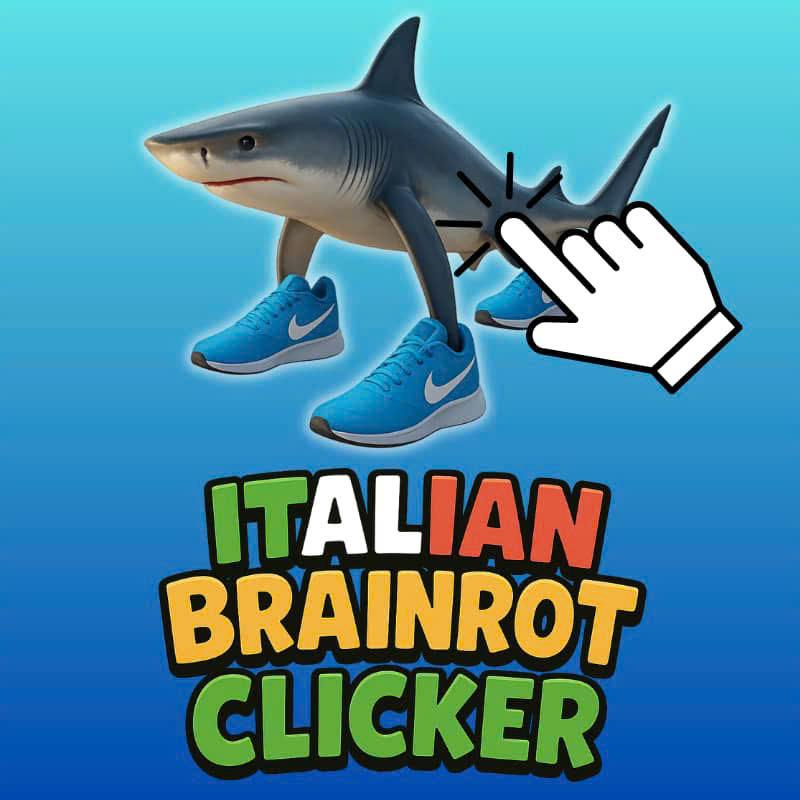Heardle: The Musical Guessing Game That's Taking the World by Storm
https://heardlefree.com/
We've all been there - that moment when a song starts playing and we're absolutely convinced we know it within the first few seconds, only to realize we're completely wrong. Well, what if we told you there's a game that turns this everyday experience into pure, addictive entertainment? Enter Heardle, the musical phenomenon that's got millions of us tapping our feet, scratching our heads, and desperately trying to remember that one song that's right on the tip of our tongues!
If you haven't jumped on the Heardle bandwagon yet, we're here to change that. This isn't just another puzzle game - it's a celebration of music, memory, and those "aha!" moments that make us feel like musical geniuses (even when we're really not). Whether you're a casual listener who hums along to the radio or a music aficionado who can identify a bass line from three notes, Heardle has something special waiting for you.
Heardle: The Musical Guessing Game That's Taking the World by Storm
https://heardlefree.com/
We've all been there - that moment when a song starts playing and we're absolutely convinced we know it within the first few seconds, only to realize we're completely wrong. Well, what if we told you there's a game that turns this everyday experience into pure, addictive entertainment? Enter Heardle, the musical phenomenon that's got millions of us tapping our feet, scratching our heads, and desperately trying to remember that one song that's right on the tip of our tongues!
If you haven't jumped on the Heardle bandwagon yet, we're here to change that. This isn't just another puzzle game - it's a celebration of music, memory, and those "aha!" moments that make us feel like musical geniuses (even when we're really not). Whether you're a casual listener who hums along to the radio or a music aficionado who can identify a bass line from three notes, Heardle has something special waiting for you.











